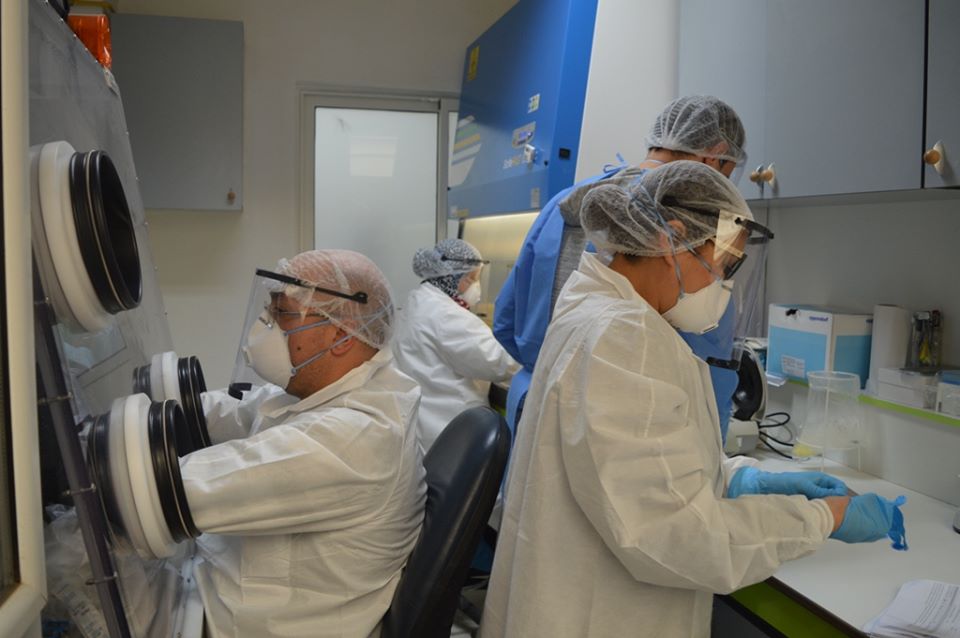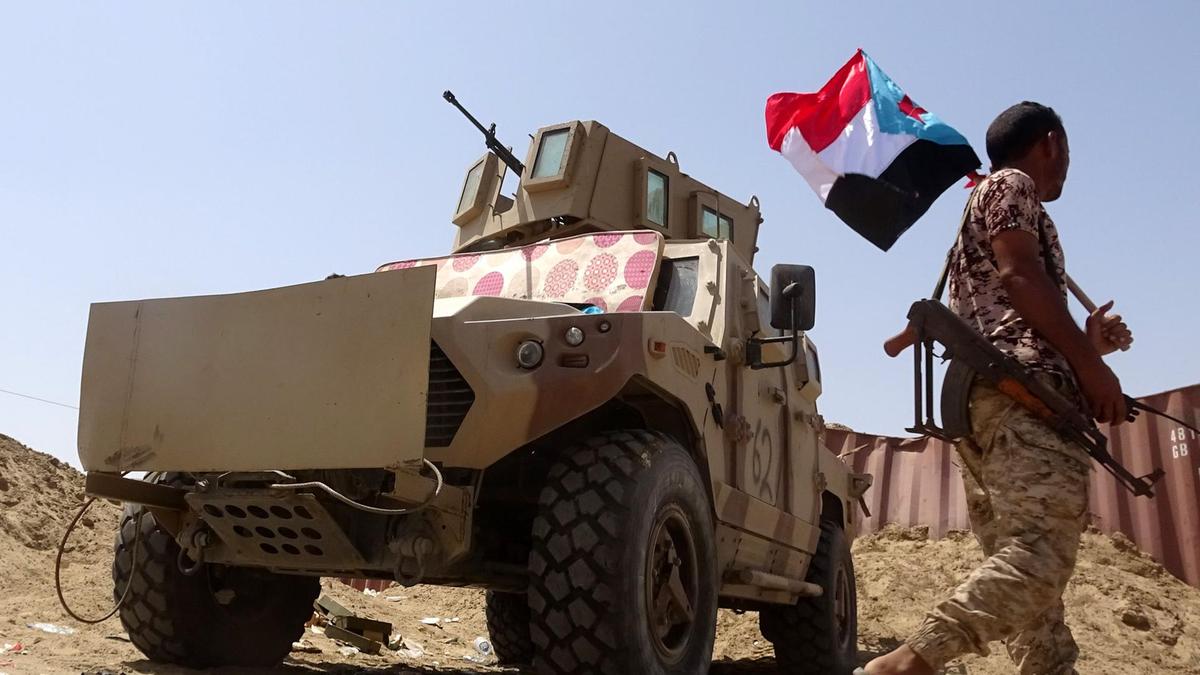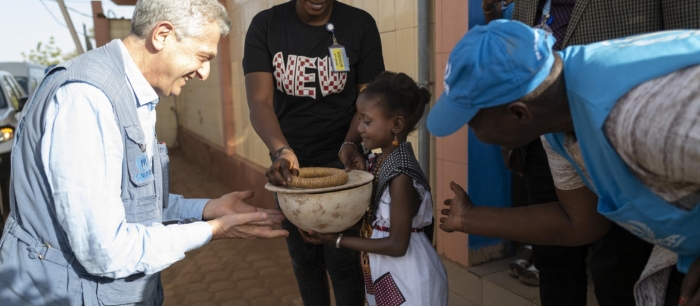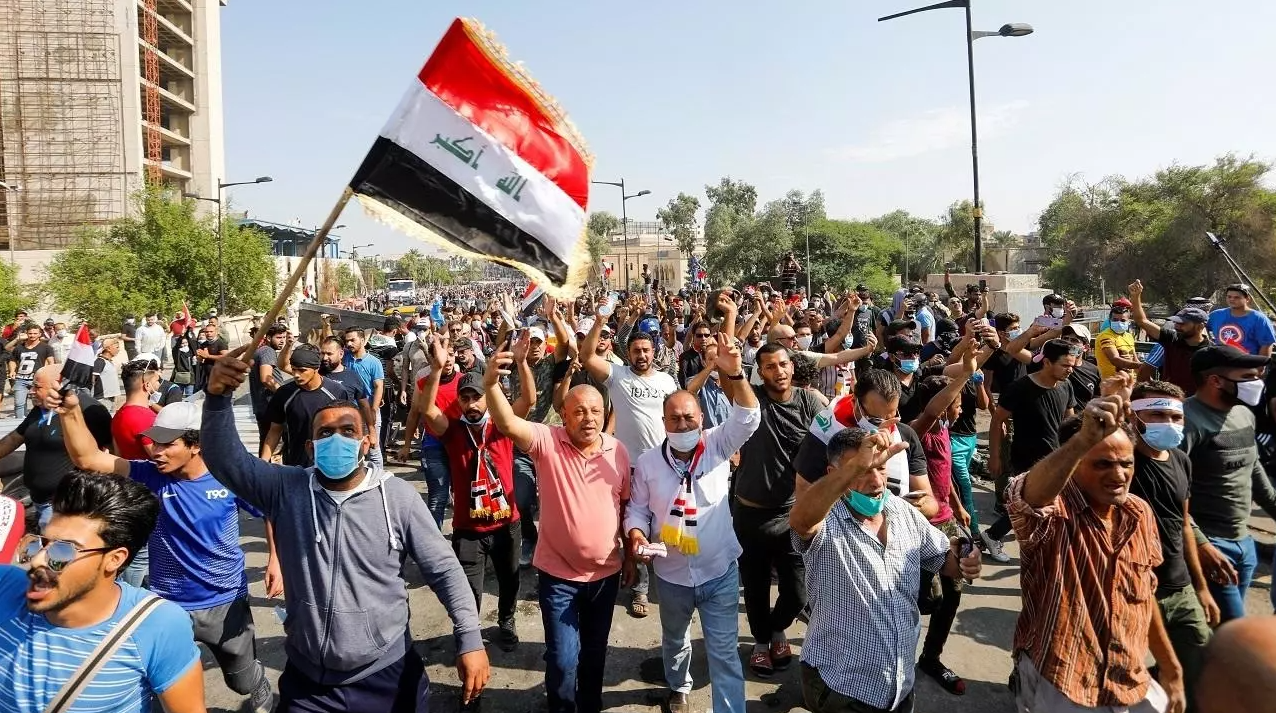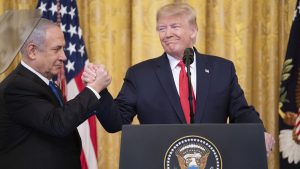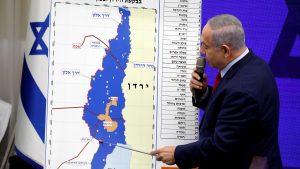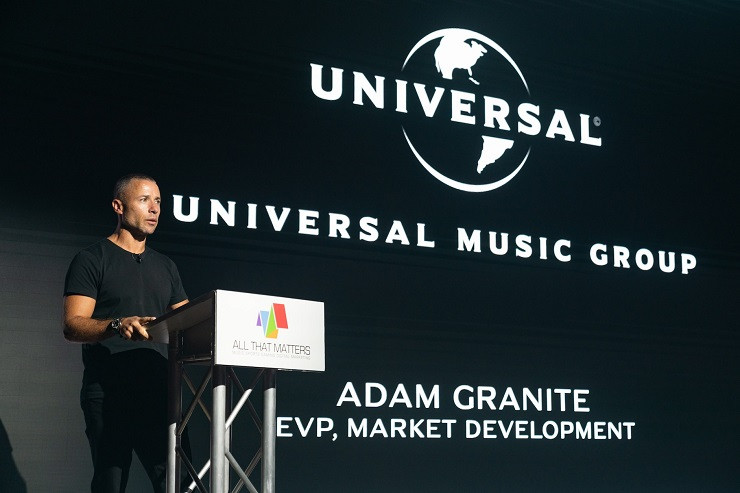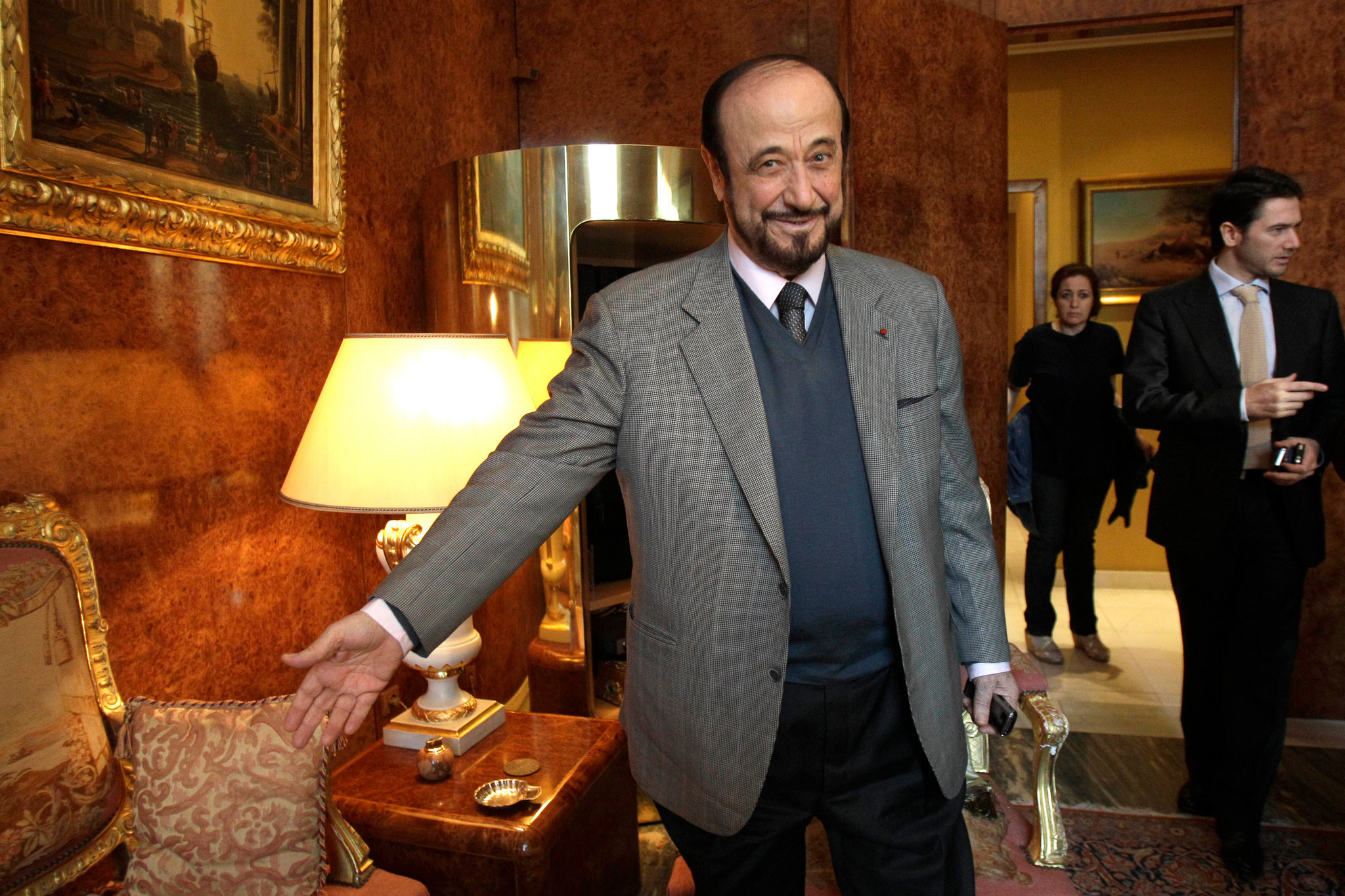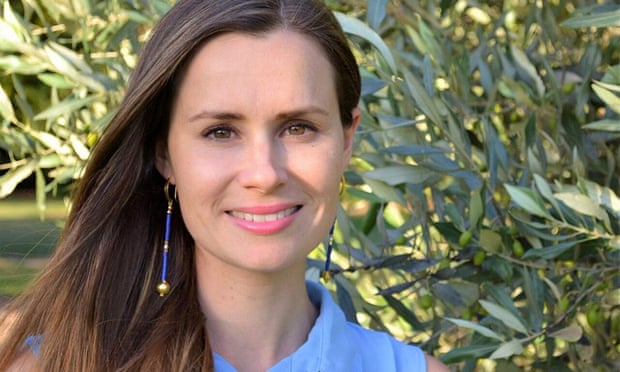No sooner had Tunisian Prime Minister Elyes Fakfakh said the country had beaten COVID-19, than a scandal broke involving one woman who “escaped” quarantine over the weekend and went on to attend a wedding.
The woman has since come forward and told local radio she left the state-sanctioned quarantine hotel because of a name mix-up. The young lady, who asked to stay anonymous for fear of backlash, said she was in the center after finally being repatriated from what was meant to be a quick trip to Canada, but turned into a three month ordeal because of COVID-19.
After petitioning the Tunisian Embassy in Canada, the woman who normally resides in Menzel Temime was finally able to secure a seat on a repatriation flight alongside her sister. Early on the morning of Sunday, June 7, the pair’s flight from Montreal touched down in Tunisia. They were temperature tested and sent to a quarantine center in Yasmine Hammamet, where they both spent seven days in confinement.
“Anarchy” at Quarantine Hotel
On the eighth day of quarantine, and still asymptomatic, the woman left the COVID-19 hotel believing she had been cleared by authorities.
“At the reception, there was a lot of anarchy, no-one knew what to do — to stay or to go,” she told local radio station Sabra FM.
“A few hours earlier, they knocked on the doors of our rooms and told us to take our luggage downstairs to the reception, and that we could leave.
“Confused, we spent a long time waiting in the reception, from 5pm to 11pm. During that entire time, no one told us anything. On the contrary, the tension was so high that fights began to break out,” she explained.
After leaving she visited her parents and attended a family wedding in Menzel Temime — where 80 people who came into contact with her are now in mandatory isolation, according to TAP News.
After the ceremony, the young lady received a phone call from the quarantine facility telling her to return. It now appears that it was her sister, who has the same family name, that was actually authorized to leave.
“When they began to announce the names of those who could leave quarantine, I heard my surname. I thought they meant me, but in fact it was my sister. It was my fault for not checking the name properly,” she said.
“I still have no documentation to say that I have tested positive. I had been there for a whole week, and received not a single document to say that I was positive. No one said that there was a positive case either. Logically, if you have a positive case, you would think they would have left them in their room. That was not the case.”
The young lady felt the need to come forward and tell her side of the story, given the abuse she has endured and the rumors flying about the incident. “Do you think I’m that reckless?” she told the radio host.
Media reports said the woman ate at a restaurant with her fiancé after leaving the COVID-19 hotel and infected a number of police officers before returning to the facilities — allegations she denies.
Tunisian Blunders
On June 18, another story emerged that another young person — this time a 24-year-old man repatriated from Kuwait, had been wrongly given permission to leave quarantine despite testing positive for COVID-19. The man arrived back in Tunisia on June 9 and had been under mandatory quarantine in a hotel until he was released on Tuesday, before receiving his test results.
The Ksour Essef resident’s test came back positive, and he has now been transferred to a COVID-19 treatment center in Monastir. Health authorities are now busily tracing and testing his family and friends.
The poor handling of these two cases has raised serious doubts about the Tunisian government’s handling of the COVID-19 pandemic and thrown into question its de-confinement strategy.
On Sunday, June 14, the virus seemed to be under control. Prime Minister Elyes Fakhfakh made what now appears to be a premature declaration of victory against COVID-19. After the announcement, cases spiked on June 16 and 17.
Nevertheless, Tunisia’s COVID-19 case load remains low compared with its neighbors. There are only 1,128 total confirmed cases and 50 deaths, and just 74 of those cases remain active.
Despite warnings from Health Minister Abdellatif Mekki about a second wave of the virus, Tunisia is still on track to become the first North African country to reopen all borders on June 27.

